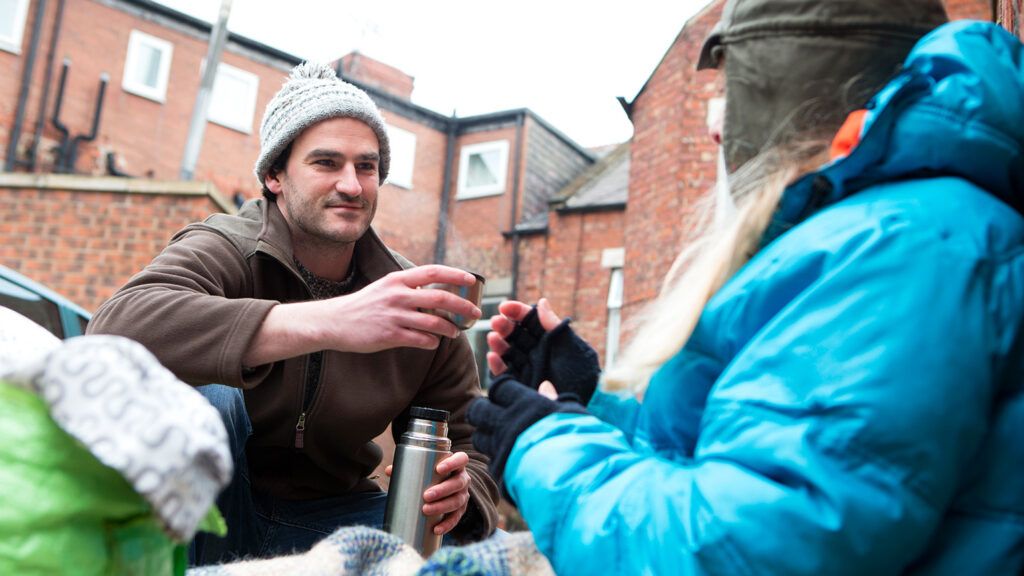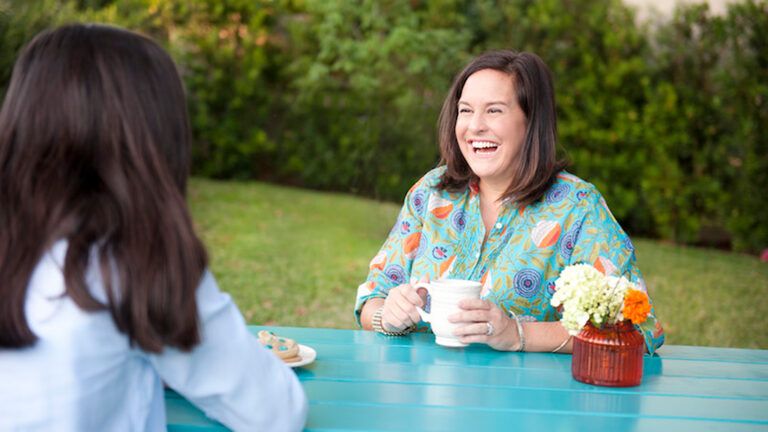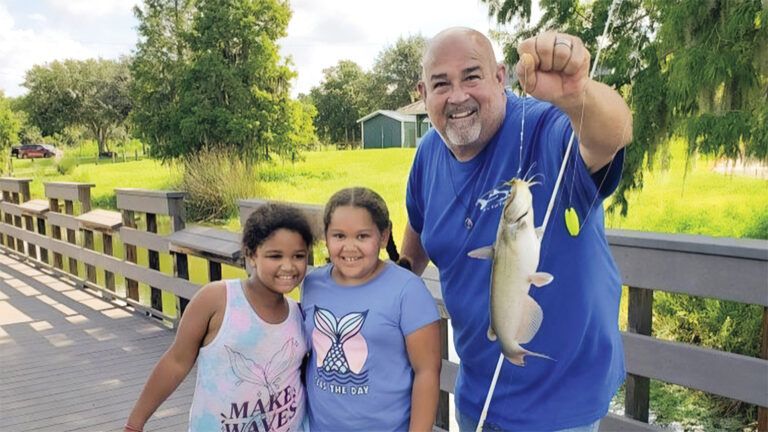Do you try to make the world a better place? If so, you’re following age-old spiritual advice. But did you know you’re also enhancing your own well-being? There’s growing scientific evidence that altruistic people enjoy better mental and physical health than those who are less kind.
A study led in 1991 by Allan Luks, executive director of Big Brothers Big Sisters of New York City, surveyed 3,000 volunteers and found a clear relationship between helping and health. The volunteers reported less stress in their lives. What’s more, they experienced feelings of euphoria, or “helper’s high.”
Recently, separate studies published in Psychosomatic Medicine and The Journal of Gerontology showed that giving help is a better predictor of health among older adults than receiving help. People over 60 who volunteered two to three hours a week had better physical functioning, lower incidence of depression and higher self-ratings of health than non-volunteers. “Altruistic people have fewer physical complaints and tend to live longer than self-centered individuals,” says Sam Menahem, Ph.D., author of When Therapy Isn’t Enough. Want to get the mind-body high of altruism? Try these tips:
1. Exercise your talents.
It maximizes your contribution—and your joy.
2. Go at your own pace.
You don’t have to put in 20 hours a week to make a big difference. Instead, use your energy wisely.
3. Do it together.
Strengthen your bond with a friend or relative.
4. Make it a habit.
It’s the follow-through that really counts. Set a day and time for your volunteering.
5. Poke around.
Find the best fit between you and a particular activity. This way, your altruism will be the most rewarding for you and the people you’re helping.






